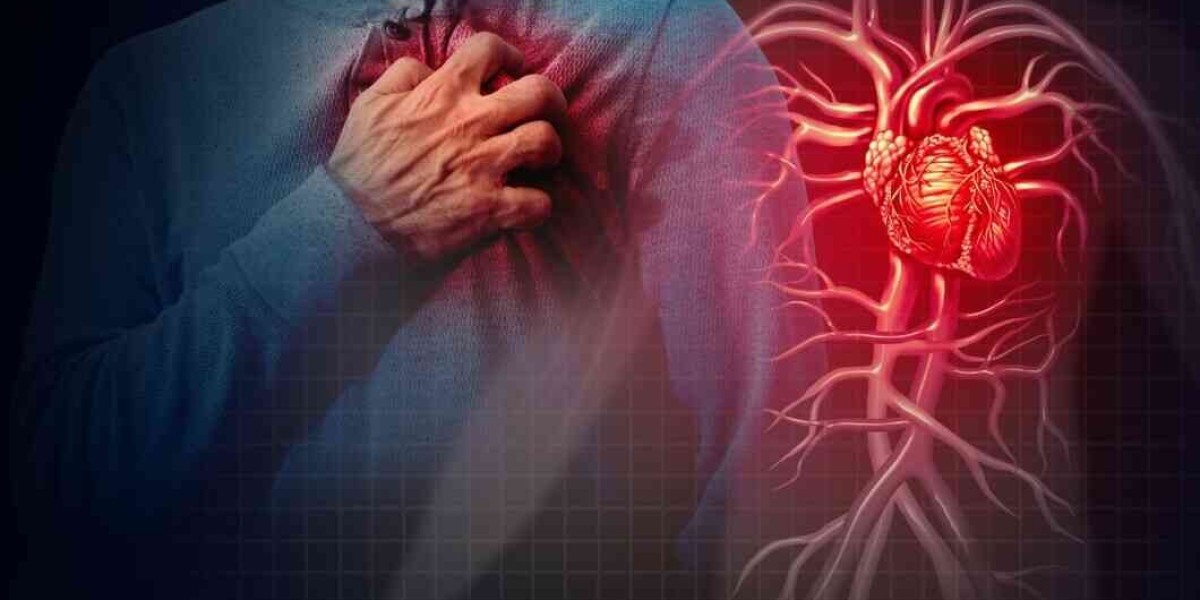Introduction
Heart attacks (myocardial infarctions) and cancer are two of the leading causes of death worldwide, each affecting millions of individuals annually. Traditionally viewed as distinct medical conditions, recent research has unveiled intriguing connections between them. While they may manifest in different ways and affect different organ systems, a growing body of evidence suggests that there is indeed a connection between heart attacks and cancer. In this article, we will explore the various facets of this complex relationship, shedding light on the intersections, shared risk factors, potential mechanisms, and clinical implications. Hospitals like Punarjan Ayurvedic Cancer Hospital are famous for being one of the Best cancer hospital in Hyderabad.
1. Shared Risk Factors
One of the most compelling links between heart attacks and cancer is the presence of shared risk factors:
Smoking: Smoking is a well-established risk factor for both heart disease and several types of cancer, including lung, throat, and bladder cancer. It introduces harmful chemicals into the body, leading to inflammation, oxidative stress, and DNA damage, which can contribute to the development of both conditions.
Obesity: Obesity increases the risk of heart disease by promoting conditions like hypertension and diabetes. It is also associated with a higher risk of certain cancers, including breast, colorectal, and pancreatic cancer. Excess body fat can produce hormones and inflammatory substances that promote cancer cell growth.
Poor Diet: Diets high in saturated fats, added sugars, and processed foods are linked to heart disease. Similarly, an unhealthy diet is associated with an increased risk of cancer. A diet rich in fruits, vegetables, and whole grains can reduce the risk of both conditions.
Physical Inactivity: Sedentary lifestyles are known to contribute to heart disease risk. Likewise, lack of physical activity is associated with an increased risk of cancer, particularly colorectal and breast cancer. Regular exercise improves cardiovascular health and helps maintain a healthy body weight.
Chronic Inflammation: Chronic inflammation is a common underlying factor in both heart disease and cancer. Conditions that promote inflammation, such as rheumatoid arthritis, can increase the risk of both diseases.
2. Cardiovascular Effects of Cancer Treatment
Cancer treatments, while lifesaving, can have unintended effects on the cardiovascular system, leading to a potential connection between heart attacks and cancer:
Chemotherapy: Certain chemotherapy drugs can damage the heart muscle, leading to cardiomyopathy or heart failure. This can manifest as shortness of breath, fatigue, and fluid retention. Anthracyclines, commonly used in cancer treatment, are known for their cardiotoxic effects.
Radiation Therapy: Radiation therapy, particularly when targeted at the chest area, can increase the risk of heart attacks by damaging the coronary arteries. This can result in the development of coronary artery disease (CAD), a leading cause of heart attacks.
Immunotherapy: While immunotherapy has revolutionized cancer treatment, some immune checkpoint inhibitors can cause inflammation in various organs, including the heart. This immune-related adverse event can lead to heart attacks and other cardiovascular complications.
3. Inflammation and Immune System Crosstalk
Inflammation and the immune system are central players in both heart disease and cancer:
Inflammation: Chronic inflammation contributes to the development and progression of atherosclerosis (hardening of the arteries), which can ultimately lead to heart attacks. Inflammation can also promote the growth and spread of cancer cells.
Immune System: The immune system is involved in both tumor surveillance and the formation of arterial plaques. In cancer, the immune system's ability to recognize and eliminate abnormal cells is compromised. Similarly, in atherosclerosis, immune cells play a role in plaque formation.
Cytokines: Cytokines, small proteins that regulate immune responses, are implicated in both diseases. Elevated levels of certain cytokines are associated with an increased risk of heart attacks and the progression of cancer.
4. Genetic and Molecular Links
Emerging research has identified genetic and molecular links between heart attacks and cancer:
Shared Genetic Variants: Some genetic mutations associated with an increased risk of heart disease have also been linked to cancer susceptibility. For example, certain variants in the BRCA1 and BRCA2 genes, known for their role in breast cancer, may also contribute to heart disease.
Common Molecular Pathways: Researchers have identified common molecular pathways involved in both heart disease and cancer. These pathways may include factors like oxidative stress, DNA damage, and cellular signaling cascades.
Clinical Implications and Future Directions
Understanding the connection between heart attacks and cancer has important clinical implications:
Screening and Surveillance: Patients with a history of cancer or undergoing cancer treatment should be closely monitored for cardiovascular risk factors and symptoms. Regular cardiac assessments can help detect heart problems early.
Preventive Measures: Lifestyle modifications, such as quitting smoking, maintaining a healthy diet, engaging in regular physical activity, and managing weight, can help reduce the risk of both heart disease and cancer.
Interdisciplinary Care: An interdisciplinary approach to care, involving oncologists and cardiologists, is essential for patients with both cancer and heart disease. Tailored treatment plans that consider both conditions can optimize outcomes.
Research and Therapeutics: Continued research into the genetic and molecular links between heart attacks and cancer may lead to novel therapeutic approaches that target common pathways. This could result in treatments that benefit patients with both conditions.
Conclusion
The connection between heart attacks and cancer is a complex and evolving field of study. Shared risk factors, the cardiovascular effects of cancer treatment, inflammation, immune system crosstalk, genetic links, and molecular pathways all contribute to the intricate relationship between these two conditions. Recognizing this connection and its implications for patient care is essential for improving outcomes and advancing our understanding of these critical health issues.
While heart attacks and cancer may appear distinct on the surface, their convergence highlights the need for a holistic approach to healthcare that considers both cardiovascular and oncological aspects. By addressing shared risk factors and advancing research, we can better navigate the intricate interplay between these two formidable health challenges and work toward improving public health outcomes.
 " class="wow_main_float_head_img">
" class="wow_main_float_head_img">






